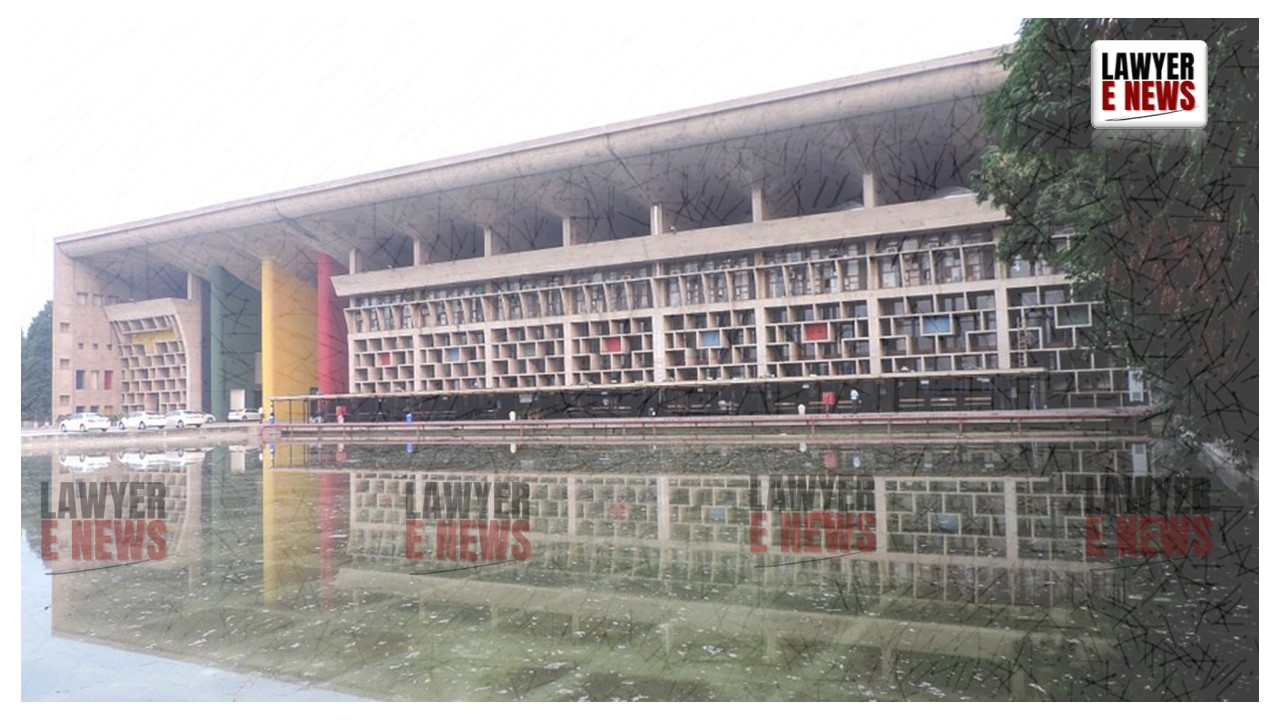-
by Admin
16 February 2026 1:47 PM



Punjab & Haryana High Court upheld the concurrent findings of the lower courts in a partition dispute, ruling that a mere writing, without a registered sale deed, cannot confer ownership rights in immovable property. The court emphasized that when parties are co-owners, one cannot claim exclusive possession unless legally proven.
Justice Alka Sarin, dismissing Regular Second Appeal No. 987 of 2024 (O&M), ruled that "an unregistered writing has no legal sanctity under property law. When a party claims exclusive ownership, the burden lies on them to establish it through registered documents. In the absence of such evidence, the claim remains legally untenable."
The case revolved around a partition suit over 2 kanals of gair mumkin land in Gurdaspur, Punjab. The respondents, having acquired a 1/3rd share through registered sale deeds dated 12th December 2012, sought partition and separate possession. The appellant, Malkit Kaur, resisted the claim, asserting exclusive possession based on a writing executed in 1985.
Rejecting this contention, the trial court ruled on 29th September 2017 that all parties were co-owners, granting a preliminary decree for partition. The first appellate court upheld this decision on 20th December 2023, affirming that the appellant failed to prove exclusive ownership.
The High Court found no reason to interfere, ruling that "the appellant’s claim of having purchased 14 marlas through an unregistered writing cannot be legally sustained. In matters of immovable property, only a registered sale deed can transfer ownership. The sale deeds in favor of the respondents, which were never challenged, remain valid and binding."
The court further noted that "if a party claims that a sale deed was wrongly executed in favor of another, they must challenge it through legal proceedings. The appellant failed to do so, making her objections legally irrelevant."
Reaffirming that a second appeal under Section 100 CPC can only be entertained if a substantial question of law arises, the High Court ruled that "factual findings supported by documentary evidence do not warrant interference. When both lower courts have concurrently applied settled legal principles, a second appeal cannot be used as a tool for re-examining evidence."
Dismissing the appeal, the court concluded that "joint ownership was duly established, and the appellant’s claim of exclusive possession was legally unsustainable. A mere writing cannot override registered sale deeds. The appeal, lacking merit, stands dismissed."
Date of decision: 17 February 2025
